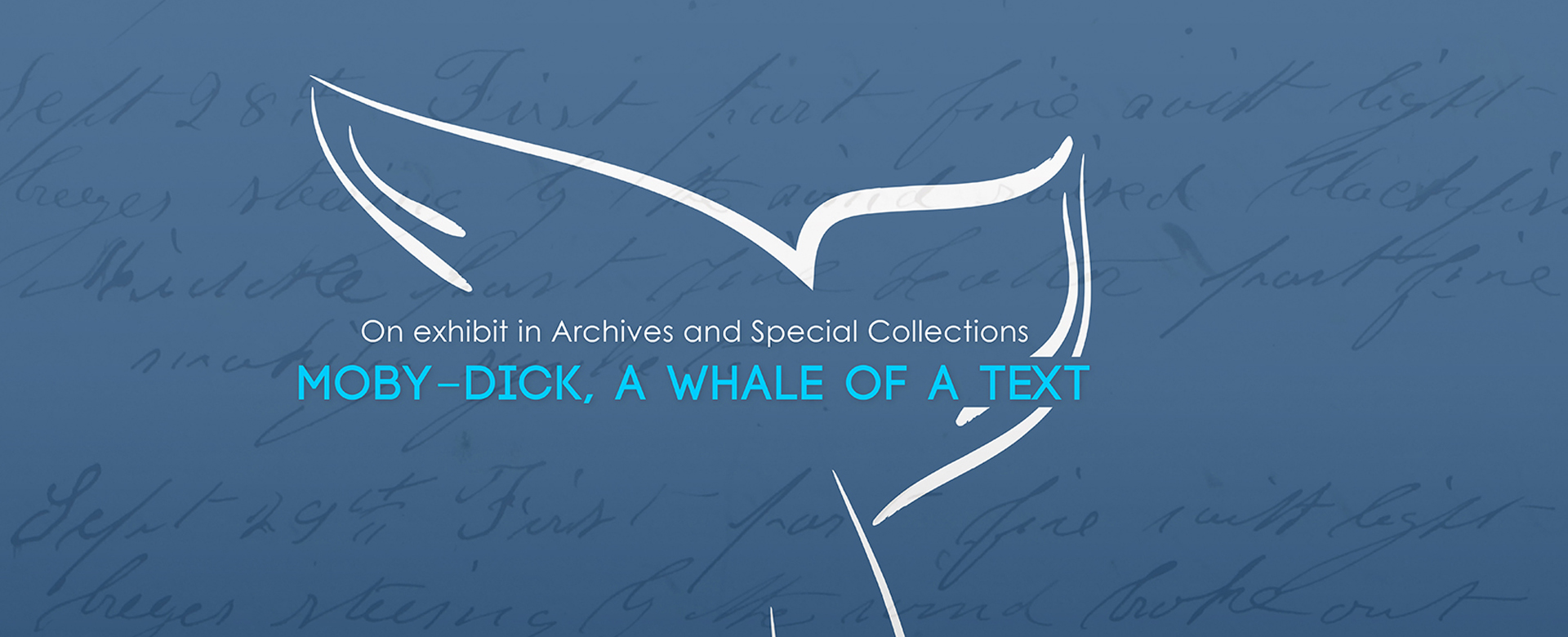
Archives & Special Collections Gallery Exhibit
Preview

Creation Date
Fall 2014
Description
Artifact Label:
Lucius Annaeus Seneca (circa 4 B.C.-65 A.D.)
Seneca's Morals by Way of Abstract
Philadelphia: Grigg & Elliot, 1834
In 1854 Melville gave his brother Thomas a copy of the stoic text Morals by Way of Abstract, the same 1834 edition that produced LMU’s copy. In it he inscribed, "My Dear Tom, This is a round-of-beef where all hands may cut & come again.”
Stoics argued that all is material including the human soul, that fate is deterministic and that the universe, what Stoics call “nature,” is a living organic body directed by Logos (reason). The Stoic belief that all knowledge and truth exist in the physical world and are entirely gained through the senses puts it in stark opposition to Platonism, which argued that the physical world is merely a shadow of its ideal form. In short, Stoicism says that all truth is material and Platonism says that the physical world is false.
In chapter 1, “Loomings,” Ishmael describes the transition of going from land to sea and how one must, for lack of a better term, toughen up:
“The transition is a keen one, I assure you, from a schoolmaster to a sailor, and requires a strong decoction of Seneca and the Stoics to enable you to grin and bear it. But even this wears off in time.”



